Custody transfer operations in the aviation industry demand precision and accuracy when measuring Jet A1 fuel. Jet A1, a type of aviation kerosene, is the primary fuel source for jet engines.
In critical applications like these, precise fuel measurement is not just a nicety; it’s a non-negotiable necessity for ensuring safety, optimizing operational efficiency, and maintaining rigorous financial accountability.
One technology that stands out for this purpose is the Coriolis Mass Flow Meter (CMF).
The CMF operates on the principle of Coriolis effect, measuring the mass flow of fluid directly, and providing unparalleled accuracy in real-time. Its precision is particularly essential in custody transfer scenarios where even the slightest deviation can have cascading effects.
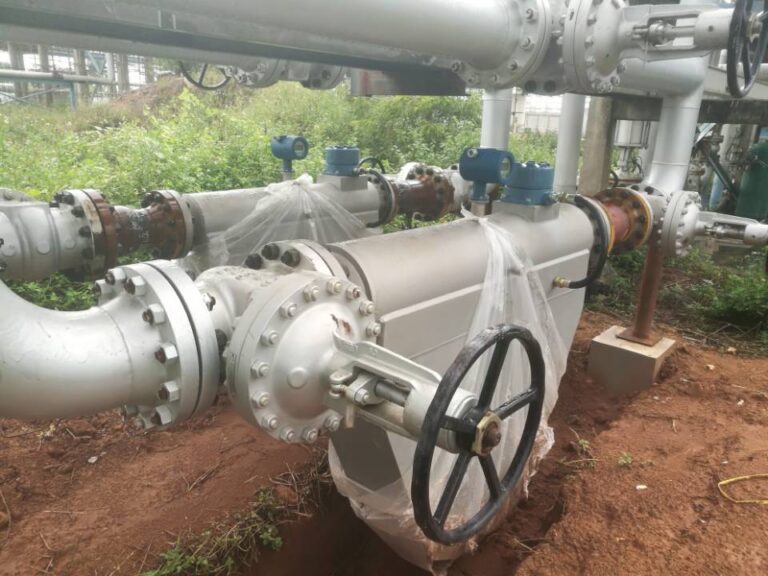
In this article, we will explore the intricacies of Coriolis Mass Flow Meters, focusing on their application in measuring Jet A1 for custody transfer. From the fundamental principles of Coriolis technology to the unique challenges posed by Jet A1, this discussion aims to shed light on the unmatched capabilities of these meters in meeting the stringent demands of the aviation industry.
As we navigate the complexities of custody transfer in aviation fueling, this article aims to provide a comprehensive understanding of why Coriolis Mass Flow Meters are the preferred choice for ensuring accuracy, reliability, and compliance in Jet A1 measurement. Through a lens of technological sophistication and operational efficiency, we will highlight the pivotal role that Coriolis Mass Flow Meters play in shaping the landscape of custody transfer within the aviation sector.
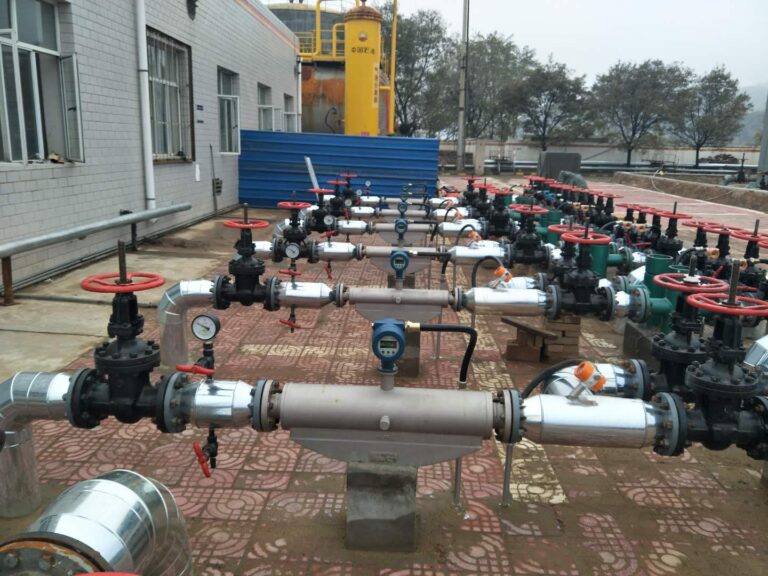
Understanding Custody Transfer
Custody transfer in the context of the aviation industry refers to the process of transferring ownership and responsibility for Jet A1 fuel from one entity to another. This can occur at various stages of the fuel supply chain, including refineries, storage facilities, fuel trucks, and aircraft. Accurate measurement during custody transfer is important because it impacts several critical aspects including:
- Safety Assurance: The crux of custody transfer lies in the meticulous measurements undertaken to avert potential hazards. Ensuring that fuel tanks are neither overfilled nor underfilled is paramount for maintaining the safety thresholds within which aircraft must operate. Precision in measurement acts as a bulwark against operational mishaps, safeguarding both equipment and human lives.
- Operational Efficiency: The accuracy of measurements orchestrated during custody transfer is pivotal in optimizing fuel utilization. This optimization, in turn, leads to a reduction in wastage and operational costs. By streamlining the transfer process, the aviation industry can operate more efficiently, with a heightened focus on sustainability and resource conservation.
- Financial Accountability: Given that custody transfer invariably involves financial transactions, the necessity to avoid inconsistencies emerges as a cornerstone in ensuring financial responsibility. Precision in measurements becomes synonymous with financial prudence, acting as a deterrent against potential financial losses and disputes. The seamless flow of resources through custody transfer hinges on meticulous accounting, ensuring that financial transactions align with the quantities of Jet A1 fuel exchanged.
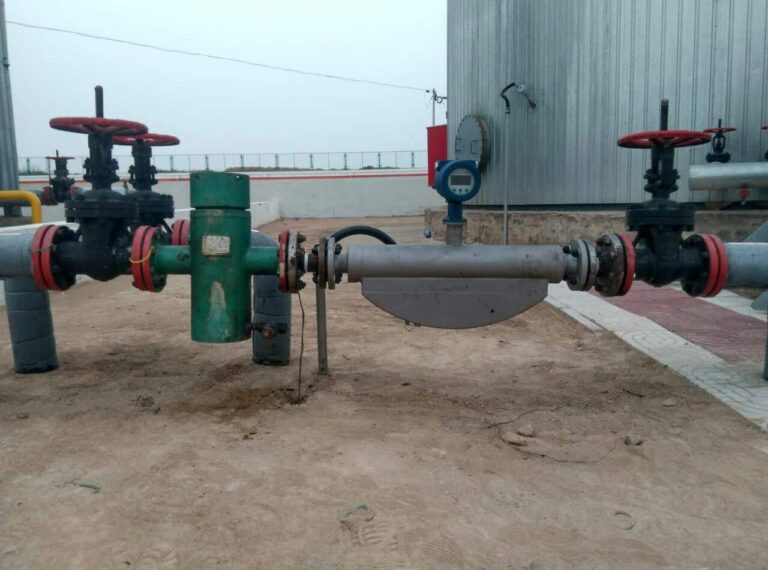
Coriolis Mass Flow Meters
Coriolis Mass Flow Meters, often referred to as CMFs, are highly advanced instruments used for measuring the mass flow rate of fluids. Unlike traditional volumetric flow meters, which measure the volume of a fluid, CMFs provide measurements based on mass. This distinction is germane in custody transfer applications, as it ensures that measurements are not affected by changes in temperature or pressure, which can alter a fluid’s volume without affecting its mass.
The principle behind CMFs is the Coriolis effect, which occurs when a fluid flows through a vibrating tube. The fluid’s inertia causes it to move differently within the vibrating tube, leading to a phase shift that is directly proportional to the mass flow rate. By measuring this phase shift, CMFs accurately determine the mass flow rate of the fluid.
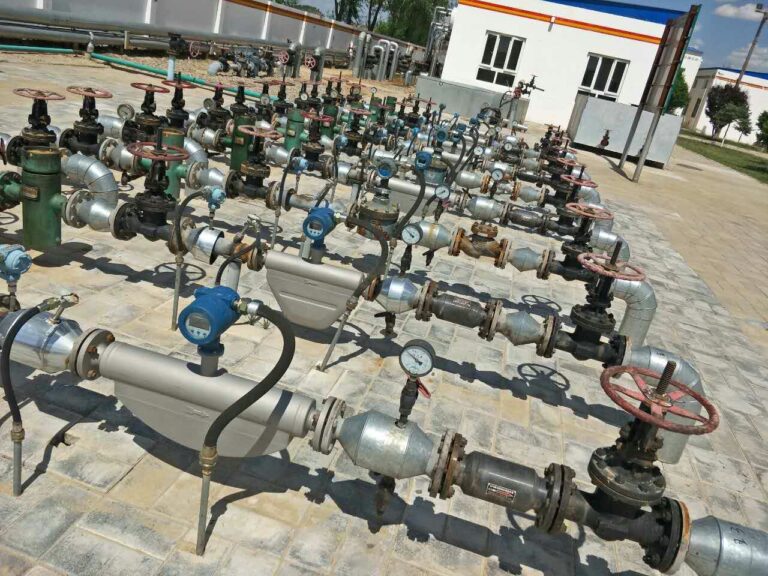
Advantages of Coriolis Mass Flow Meters for Jet A1 Custody Transfer
Coriolis Mass Flow Meters offer several advantages that make them particularly suitable for custody transfer applications in the aviation industry:
- Precision and Accuracy: CMFs are renowned for their exceptional accuracy in measuring mass flow rates. This precision is needed in ensuring that the correct amount of Jet A1 fuel is transferred during custody transfer operations.
- Temperature and Density Insensitivity: CMFs are not affected by variations in temperature and fluid density, making them reliable in diverse environmental conditions, such as different altitudes and climates encountered in aviation operations.
- High Turndown Ratios: CMFs can accurately measure a wide range of flow rates, making them versatile for various aircraft sizes and fuel transfer scenarios.
- Low Maintenance: These meters have no moving parts in contact with the fluid, reducing the need for frequent maintenance and minimizing downtime.
- Real-time Data: Many modern CMFs offer real-time data and diagnostics, allowing operators to monitor the fuel transfer process closely.
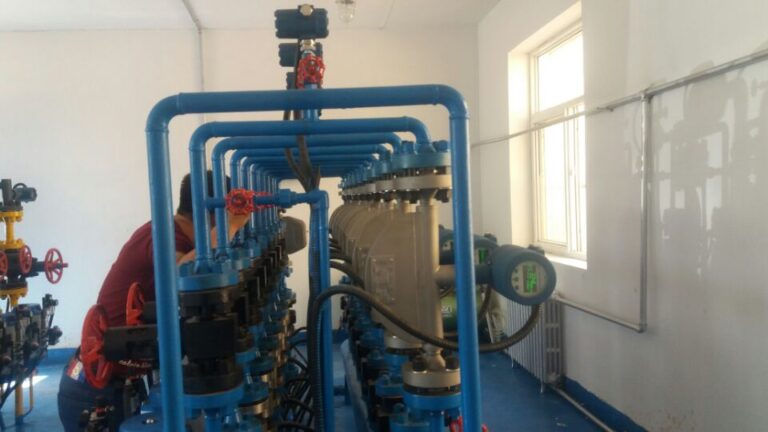
Calibration and Verification
To ensure the accuracy of Coriolis Mass Flow Meters, they require precise calibration. Calibration involves adjusting the meter to account for any deviations from its ideal performance. For custody transfer applications, periodic calibration is essential to maintain the meter’s accuracy.
Calibration typically involves comparing the meter’s measurements to a known reference standard. Calibration standards for Jet A1 custody transfer operations are often traceable to national or international standards to ensure consistency and accuracy.
In addition to calibration, verification tests may be conducted regularly to confirm the meter’s ongoing accuracy. These tests involve the use of a secondary measurement device or a reference standard to verify the CMF’s performance.
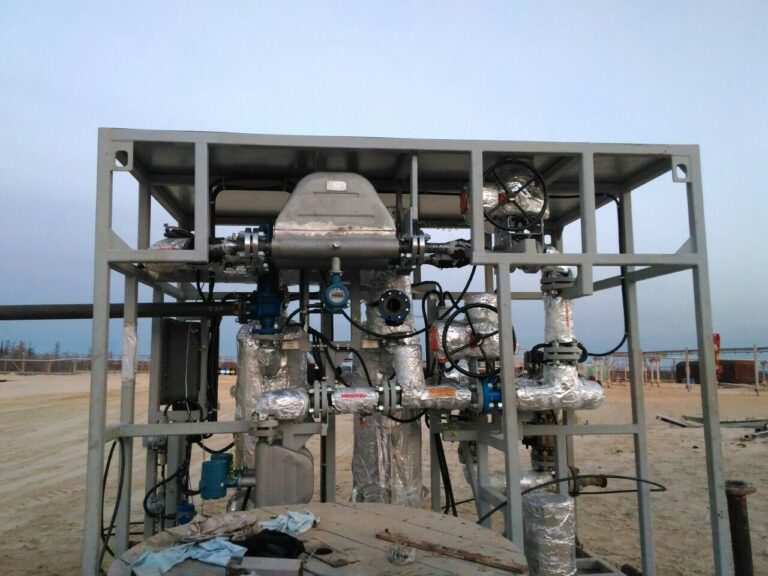
Applications in the Jet A1 Industry
Coriolis Mass Flow Meters find widespread use in the Jet A1 industry, serving various purposes:
- Refineries: CMFs are used to measure the mass flow rate of Jet A1 during production and storage, ensuring accurate accounting of the fuel inventory.
- Fuel Trucks: Integrated into fuel trucks, CMFs bring unparalleled accuracy to the measurement of Jet A1 delivered to aircraft. This precision is vital for logistics and accounting purposes, facilitating transparent and reliable records of fuel transactions.
- Aircraft Fueling: CMFs are employed at airports to measure the fuel dispensed into aircraft. This ensures that the correct amount of fuel is loaded, contributing to safe and efficient flights.
- Storage Facilities: Fuel storage tanks equipped with CMFs benefit from real-time monitoring of inventory levels. This application is useful for efficient logistics, allowing for timely replenishment and preventing shortages or excesses in fuel supply.
- Maintenance and Quality Control: CMFs are indispensable in maintenance operations, where they verify both the quality and quantity of Jet A1 fuel during aircraft maintenance and overhaul processes. This ensures that aircraft are fueled with the highest standards, contributing to the overall safety and performance of the aviation fleet.
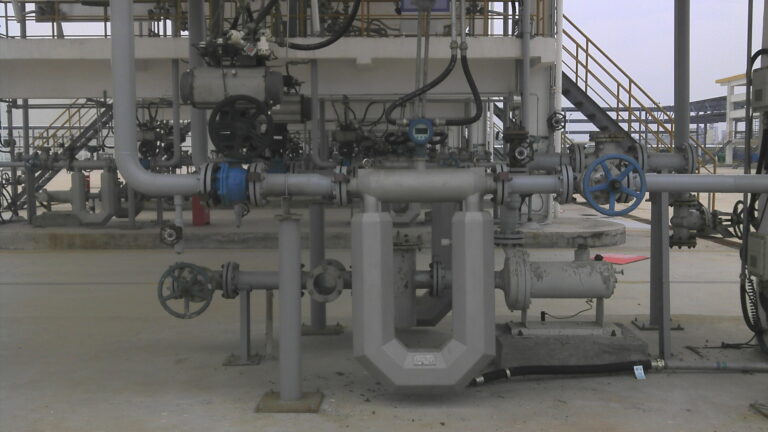
Maintenance and Troubleshooting
To bolster the reliability of Coriolis Mass Flow Meters (CMFs) in custody transfer applications, operators are encouraged to follow comprehensive best practices in maintenance and troubleshooting. The effectiveness of these meters, critical for accurate fuel measurement, can be significantly enhanced by implementing the following measures:
- Regular Inspection: Conduct routine inspections to check for any physical damage or wear and tear on the meter. Regular visual examinations are essential in identifying potential issues before they escalate. Operators should pay close attention to components such as tubes, sensors, and connectors to ensure they are in optimal condition.
- Calibration Schedule: Adhere to a strict calibration schedule to ensure the meter’s accuracy.
- Diagnostics: Leverage the built-in diagnostics and real-time data features of CMFs to monitor their performance continually. These advanced capabilities allow operators to proactively identify any irregularities or deviations in the meter’s function. Regularly analyzing diagnostic data provides insights into the health of the meter and helps predict potential issues.
- Training: Ensure that personnel operating and maintaining CMFs are adequately trained to identify and address potential issues.
- Troubleshooting Protocols: Develop comprehensive troubleshooting protocols to address any unexpected meter deviations promptly. These protocols should outline step-by-step procedures for identifying, isolating, and resolving issues that may arise during meter operation. Having a well-defined troubleshooting framework streamlines the response to challenges, minimizing downtime and potential disruptions in custody transfer operations.
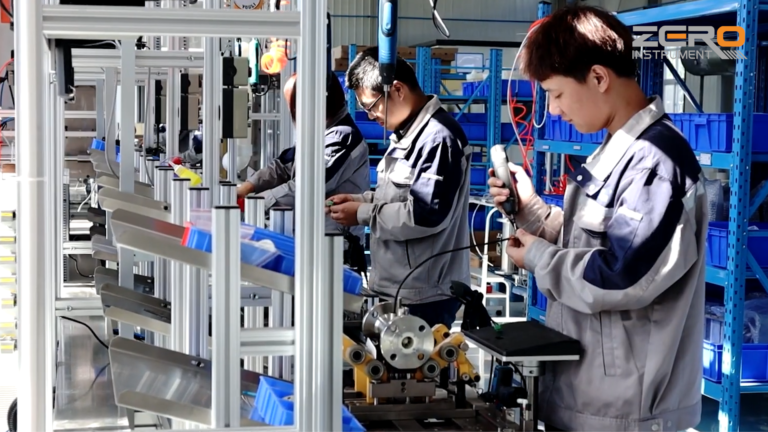
Conclusion
Coriolis Mass Flow Meters have become indispensable in the Jet A1 custody transfer process within the aviation industry. Their ability to provide highly accurate mass flow rate measurements, along with insensitivity to temperature and density variations, makes them the preferred choice for ensuring safe, efficient, and financially accountable fuel transfer operations. As technology continues to advance, Coriolis Mass Flow Meters are likely to play an even more significant role in maintaining the integrity of custody transfer processes in the aviation sector.
In summary, the aviation industry’s reliance on Coriolis Mass Flow Meters for Jet A1 custody transfer highlights their importance in supporting the safe and efficient operation of aircraft while ensuring that financial transactions related to fuel transfer are precise and accountable.
